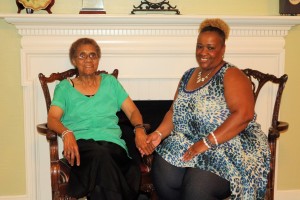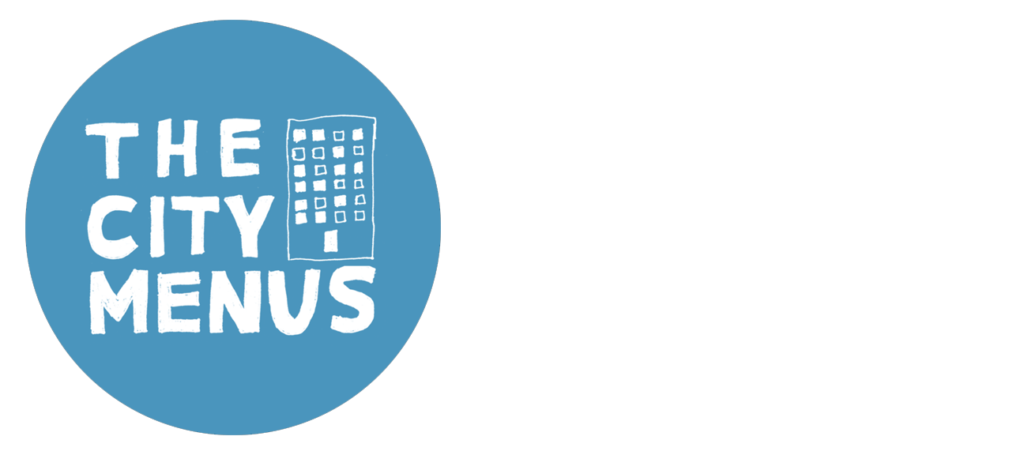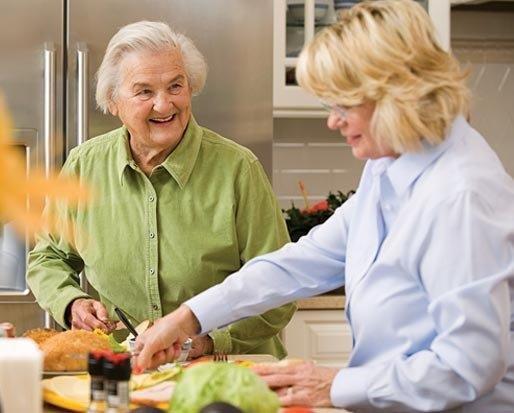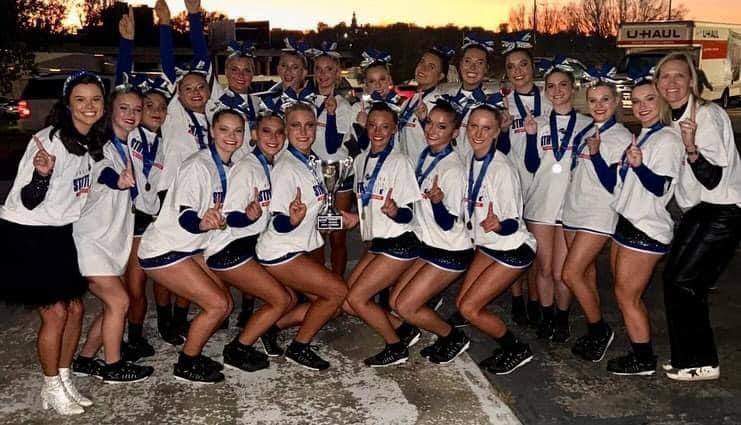
Vevlin Crider is living proof that it’s never too late to quit tobacco.
She tried chewing tobacco for the first time about 40 years ago. It was called Day’s Work Plug Chewing Tobacco. The name is somewhat fitting considering that she started chewing tobacco while picking cotton in Roopville, Ga.
She doesn’t remember much about the day she picked up the habit of chewing tobacco. But she remembers seeing a fellow cotton picker — an older man in his 60s — chewing tobacco and curiosity got the best of her. “He would be chewing and I just took the habit up,” said Crider.
It would be decades later before a health scare got her thinking about quitting chewing tobacco. In 2014, she noticed something hard growing on the left side of her jaw. When she went to see a doctor for a checkup, she learned that it was cancerous. Crider thought about quitting tobacco at that time. “But I never did make up my mind,” she said.
Crider didn’t get serious about conquering her addiction until she learned about a tobacco cessation program offered by Tanner Health System’s Get Healthy, Live Well. The class was being taught by her neighbor and friend, Annette Boykin, who invited her to sign up.
Boykin, who is a 14-year nonsmoker, said Crider was a positive participant who was engaged in the class from start to finish. “She was excited to see when the next class was,” she said. “She talked about it even when we weren’t in class.”
Freshstart, a program designed by the American Cancer Society, supports participants through the first few days when quitting is the hardest and then teaches them how to master obstacles that may come later.
“Freshstart is designed to help smokers, dippers or chewers quit tobacco and develop coping skills for the physical and psychological side effects that come with going tobacco-free,” said Phyllis Head, community liaison for Tanner’s Get Healthy, Live Well.
Classes meet one hour a week for four weeks and all materials are provided. The group sessions provide former tobacco users with education on approaches to quitting, skills for coping with cravings and motivational support. Those who attend the classes learn the lifelong benefits of quitting tobacco and how to avoid a relapse.
An important part of the program is making an individualized plan to quit. To help fight the urge to start using tobacco again, participants are asked to make a list of things they could do instead. The program also offers a free two-week supply of nicotine replacement therapy in the form of gum or patches.
Crider left the class with a supply of nicotine replacement gum and knowledge on how to beat her addiction to tobacco. Now 73 years old, Crider has been tobacco-free for two months. Tobacco hasn’t even crossed her mind.
When looking through one of her drawers one day, she noticed some tobacco wrapped up in some aluminum foil. “I took the tobacco and threw it in the trash,” said Crider.
She understands that staying tobacco-free is a challenge. “I just take it one step at a time, one second at a time,” said Crider. “I really hope I’m through with it. I’m going to ask God to help me not go back to tobacco because I don’t want to go back. I want to go forward.”
In just a few weeks, she is noticing the health benefits of being tobacco-free. “I feel better,” said Crider. “I would get short of breath when I was chewing, but I feel better.”
She has some advice for those who think they can’t quit tobacco. “There is no such a thing as you can’t quit something,” said Crider. “If you’re determined, you can do it.”
Search the event calendar and register online for a free Freshstart class now or call 770.214.CARE (2273).
###





